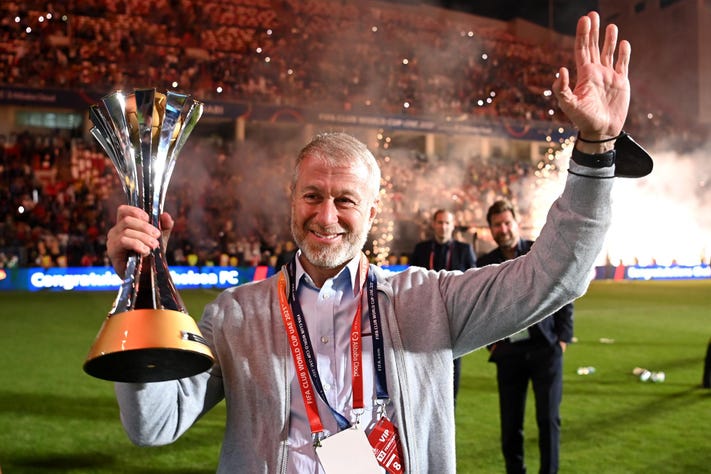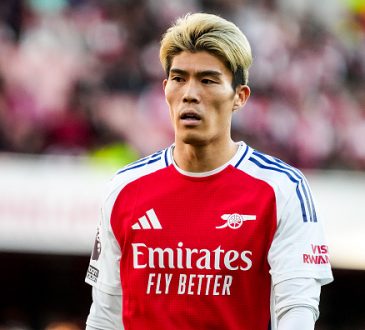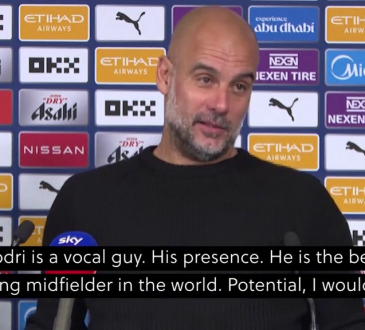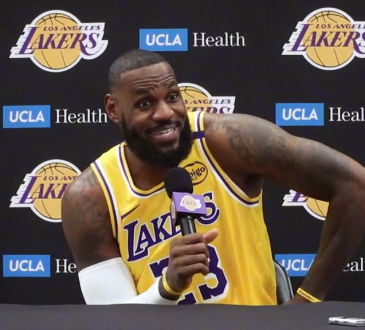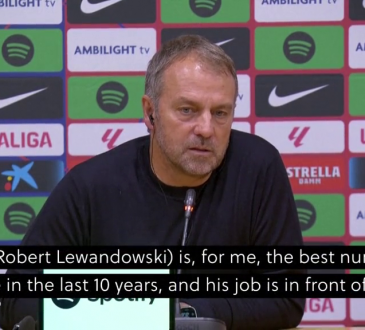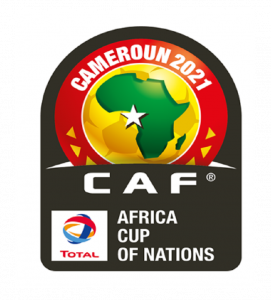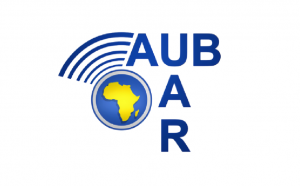Roman Abramovich Has Sanction Insurance: A $2 Billion Loan To Chelsea FC
As pressure mounts to punish oligarchs for Russian President Vladimir Putin’s invasion of Ukraine, Roman Abramovich has a multibillion-dollar insurance policy should the U.K. come after his assets: his beloved Chelsea FC.
The club Abramovich bought for around $190 million in 2003, loved, nurtured and built into the 2021 UEFA Champions League winner was valued by Forbes at $3.2 billion last year. It owes the Russian billionaire, its majority owner, a staggering $2 billion.
Kieran Maguire, a soccer-finance lecturer at the University of Liverpool, says it gives Abramovich no shortage of leverage in the U.K., depending on how deep sanctions might go. The worst-case scenario for Chelsea fans is now on the table. “If he wants to get his own back, he could call in the loan from Chelsea,” Maguire says. “That means Chelsea goes out of business, and Putin will be able to say, ‘Well, you started it.’”
Forbes calculates Abramovich’s fortune at $13.3 billion, mostly from steelmaking and metals. His name has repeatedly topped the list of oligarchs most likely to face the next round of U.K. sanctions on assets and business interests. Over the last week, Parliament has been forced to address the flow of Russian money into London as U.S. and European Union politicians say they fear loopholes in U.K. rules could derail their punitive measures against Russian aggression
The most significant attack came today from Labour’s Chris Bryant, who told the house—while he was protected from defamation lawsuits by parliamentary privilege—that Abramovich “should no longer be able to own a [soccer] club in this country,” adding that the U.K. “should be looking at seizing some of his assets, including his £152 million ($200 million) home.” A spokesperson for Abramovich didn’t immediately respond to requests for comment.
The latest annual accounts for Fordstam Ltd, Chelsea’s parent company, confirm a $2 billion loan “provided by the ultimate controlling party, Mr. R Abramovich.” Over the past year, Abramovich loaned Chelsea another $26 million even as the club lifted the Champions League trophy in June 2021.
Maguire describes the loans as leverage against any significant attack on his assets. “The club does not have the resources to pay the money back,” Maguire says. “If Chelsea was sold, ultimately you sell for enterprise value. Whether this money goes in the form of equity or debt is irrelevant. But the club, potentially, could be on the hook here because he could demand the money back.” Maguire says Abramovich could effectively argue that his assets are frozen, he needs the money, “and then the club ceases to be.”
A potential Chelsea buyer would need deep pockets. The price paid for Newcastle United by a consortium led by Saudi Arabia’s sovereign wealth fund—around $300 million—shows that there may be better value in smaller clubs that buyers can grow and shape themselves.
The Abramovich situation raises a broader question of whether the Premier League, or any top-tier European soccer organization, needs to rethink who it lets into its ownership ranks, according to Kenneth Cortsen, a sports economist at University College of Northern Denmark.
The Premier League’s Owners’ and Directors’ Test, for example, screens a number of factors, including a lack of criminal convictions, violations against a governing sports body, and financial viability. (Abramovich passes on all of them.) But rising player wages, the pressure of competing at the highest level and the impact of Covid-19 are just some of the monetary strains that have made soccer more vulnerable to questionable ownership. The circumstances behind the sale of Newcastle United, and now Chelsea, have prompted review from the league. The fallout from Russia’s war in Ukraine has only complicated matters. The Premier League declined to comment.
“Russia has not been a positive association for international sports in recent years, with systematic doping, sports washing and other incidents linked to negative reputational capital,” Cortsen says. “Why do we allow ownership of some of the most important sports assets, in the case of Chelsea, on U.K. soil to people with connections to, in this case, Russia, given everything that has happened?”
Of course, just because he could doesn’t mean Abramovich would cause the financial collapse of one of the most famous clubs in Europe, just to spite the U.K. government. However, he showed what he was capable of by aiding in the formation of the breakaway Super League before leading the exodus against it. The option to wreck his treasured Chelsea is still on the table.
“People have talked about solidarity and protecting the European [soccer] pyramid,” Cortsen says. “But at the same time, they have allowed people to go for the money without really diving into, at an in-depth level, what that means.”
Via Forbes.com

